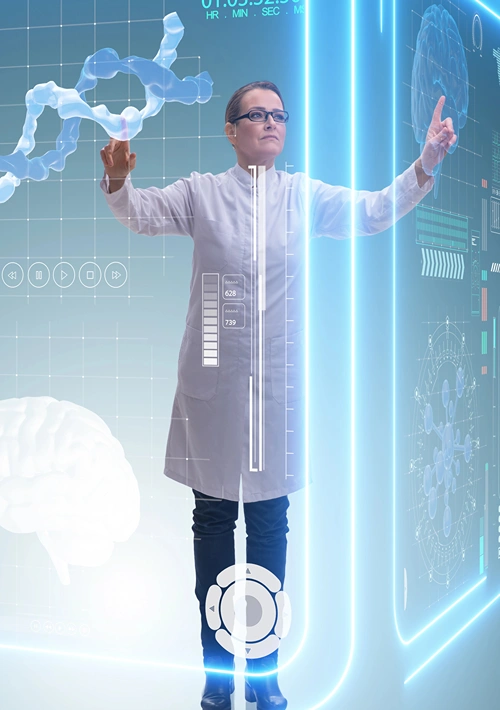Exploring the Future of Treatment Through Educational Awareness
As medical science advances at an unprecedented pace, the future of treatment looks brighter than ever before. However, these innovations can only achieve their full potential when paired with strong educational awareness.
Patients, caregivers, and healthcare providers need clear, accessible information to understand new therapies and make informed decisions. Educational awareness not only empowers individuals but also bridges the gap between groundbreaking research and real-world impact.
The Power of Education in Modern Healthcare
Education is the foundation for effective healthcare. When people are aware of the latest treatment options, they can actively participate in their own care and advocate for the therapies best suited to their conditions. This is especially important as new treatments become more complex and personalized. For example, targeted therapies and immunotherapy require patients to understand not just the treatment process but also the science behind it.
Healthcare professionals also benefit from ongoing education, ensuring that they remain updated on innovations and can offer the most current options to their patients. Educational initiatives, such as workshops, online resources, and community programs, play a crucial role in keeping both providers and patients informed.
The Impact of Immunotherapy: A Case Study in Awareness
One of the most promising developments in recent years is immunotherapy, which leverages the body’s own immune system to fight diseases like cancer. Unlike traditional treatments such as chemotherapy and radiation, immunotherapy offers targeted action with potentially fewer side effects. However, the complexity of this treatment can make it difficult for patients to fully grasp without proper education.
Resources such as those provided by moffitt.org offer comprehensive, accessible information that help patients understand how immunotherapy works, its benefits, and what to expect during treatment. When patients understand their treatment options thoroughly, they are more confident and engaged, which can lead to better outcomes.
Empowering Patients Through Accessible Information
Accessible educational resources are critical in ensuring that advancements in medicine reach the people who need them most. This includes everything from easy-to-understand brochures and videos to interactive online platforms where patients can ask questions and connect with experts.
Moreover, educational awareness helps to dispel myths and misinformation that often surround new treatments. Patients who are well-informed are less likely to be swayed by unfounded fears and more likely to follow their treatment plans closely.
Healthcare systems that invest in patient education also see benefits in terms of adherence to therapies, reduced hospital readmissions, and overall improved quality of life.
The Future: Personalized Medicine and Continuous Learning
As medicine moves toward greater personalization, educational awareness will become even more vital. Treatments will be tailored to an individual’s genetic makeup, lifestyle, and preferences, making a one-size-fits-all approach impossible.
This means patients will need to be equipped with knowledge about their unique conditions and the specific therapies designed for them. Healthcare providers will also require ongoing training to stay ahead of emerging technologies and treatment protocols.
Future educational platforms may incorporate AI-driven personalized learning, virtual reality experiences, and community support networks to enhance understanding and engagement.
Collaboration is Key
The future of treatment isn’t just about scientific breakthroughs; it’s about collaboration between researchers, healthcare professionals, patients, and educators. By working together, these groups can ensure that educational awareness keeps pace with medical innovation.
Pharmaceutical companies, medical centers, and advocacy groups all have roles to play in creating clear, accurate, and timely information. Initiatives that foster dialogue between patients and providers will further improve trust and shared decision-making.
Conclusion
The future of healthcare depends heavily on how well we can educate and engage everyone involved in treatment. Educational awareness empowers patients to make informed choices, supports healthcare providers in offering the best care, and helps translate scientific progress into real-world benefits. With advances like immunotherapy becoming more widespread, accessible education will be a critical part of unlocking the full potential of future treatments.
By prioritizing education alongside innovation, we can look forward to a future where cutting-edge therapies are not just available but truly understood and embraced by all.






